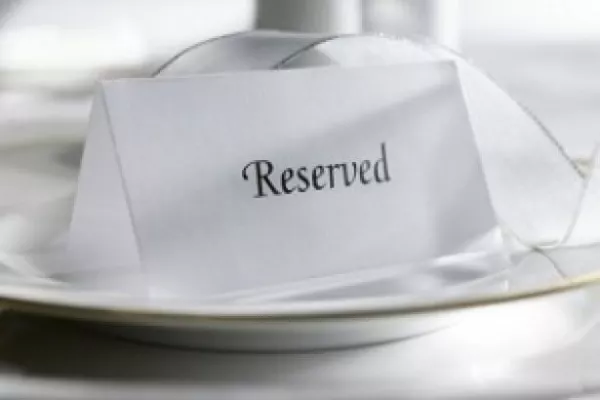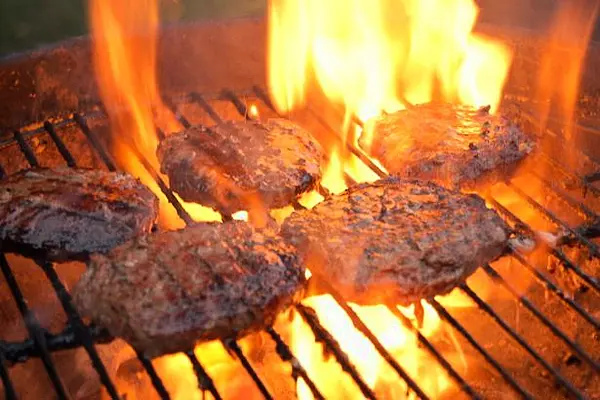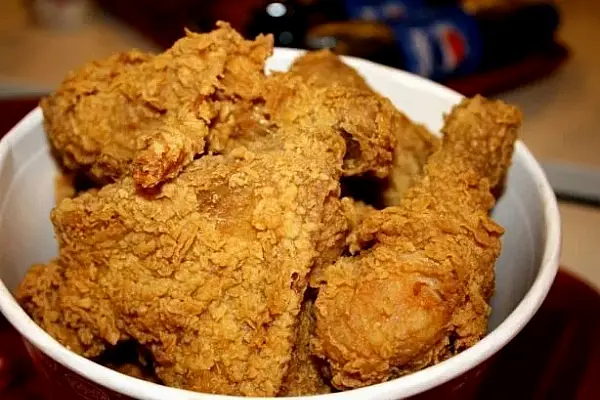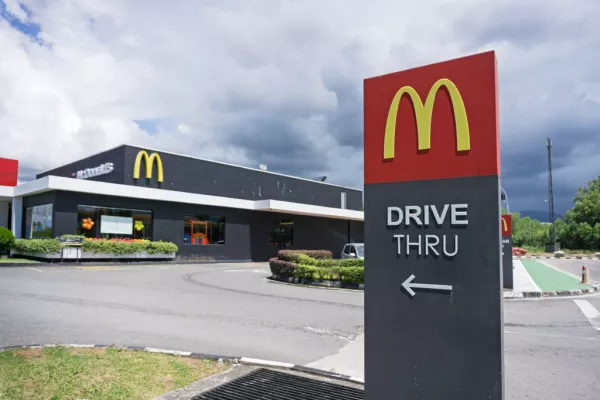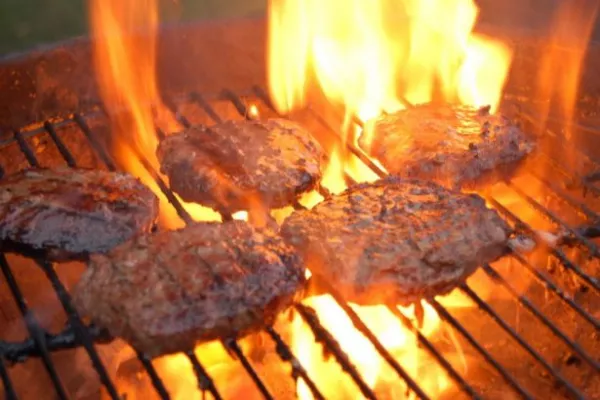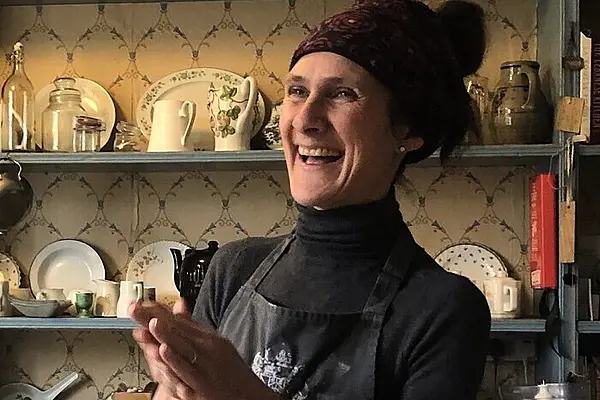It's Thursday night in London's Soho and it's not looking good for the hungry.
Outside Hoppers, a Sri Lankan café, diners are told there is a wait of as long as two hours for a table. A few doors along Frith Street, customers are standing in Barrafina until seats come free for tapas. A few streets away, people line up in the rain to get into Bao for Taiwanese snacks. Nearby, the casual Venetian bàcaro Polpo is full, too.
All are no-reservations restaurants.
How did we get to this situation, where many London diners accept (albeit with some grumbling) that they can't just phone up and book a table? And why do some restaurateurs reckon it's acceptable to make us wait?
Two overseas restaurants – one in Barcelona and the other in New York – inspired the fathers of this trend (yes, they are all men). Its history in London largely dates to January 2007, when Barrafina opened its doors. Diners fumed about having to waitas long as 95 minutes for a table.
The inspiration came from Cal Pep, a tapas restaurant that was a favorite of restaurateur Sam Hart, who lived in Barcelona before opening Barrafina in London with his brother, Eddie.
"I absolutely loved Cal Pep and I think we were the first people to do eating at counters in London, and the first to do no-reservations at that sort of level," Hart says, adding that they then became "part of a wave."
"We had 23 seats and couldn't just have one sitting, with everyone booking it. You have to be slightly more aggressive, or pushy, in trying to get people to come and eat at times that might not be 8pm on a Friday night.
"If you are trying to provide a high level of service, you can do it two ways. One is to hire loads of staff and charge high prices. Or you charge much less but effectively force diners to come at a time they wouldn't normally choose.
"On a normal day at Barrafina there are four waiters, five chefs and a couple of kitchen porters, so the ratio of staff to customers is right up there with fancy-pants restaurants."
The restaurateur who tends to attract most of the flak when it comes to the no-bookings trend is Russell Norman, who opened the first Polpo with business partner Richard Beatty in September 2009. After a few weeks they stopped taking dinner bookings when Norman recalled that there were no reservations in the Venetian bars that were his inspiration, nor at a restaurant in New York by which he was also influenced: 'Inoteca, on the Lower East Side.
"At Polpo, people were booking far ahead and then traveling to come and eat. That inflates expectations. Then when you arrive at a scruffy restaurant, you feel disappointed. Meanwhile, the door kept opening with local people from Soho who couldn't get in. So we had diners who just didn't get it but we didn't have room for the people we wanted to welcome.
"High rents in central London mean small restaurants can only survive if they maximize use of seats. Everyone wants to come for dinner at the same time. If people can't get a table around 8 p.m., it's difficult to sell at what we call shoulder times, say 6 or 10. And then you get people who walk in at, say, 7, the restaurant is empty and you have to tell them you are fully booked. It is a bad use of time and space and it is awfully frustrating."
When Karam Sethi of JKS Restaurants (the owners of the Michelin-starred Gymkhana) decided to open casual venues Bubbledogs, Bao and Hoppers, which all turned out to be wildly popular, the lessons weren't lost on him.
"In an average day at Gymkhana, you can get up to 30 no- shows or late cancelations," he says. "Bao has 32 seats and is doing 300 (covers) a day. At Hoppers, it's 230 to 250 a day for 36 seats. Restaurants doing those numbers can't risk accepting reservations."
Hoppers has now moved to a queue-management system called Qudini, that allows would-be diners to wander off while they wait for their table. They receive a text when it is ready. This helps eliminate lines outside restaurants and can take the frustration out of queuing. (When I went to Hoppers recently, I did my virtual queuing across the road at Ceviche, drinking pisco sours for about half an hour.)
Other restaurants have abandoned no-bookings policies. Chef Jason Atherton tried it at Social Wine & Tapas, which opened last June. The model was based on his 22 Ships, in Hong Kong, but customers quickly started complaining in London, the chef's executive sommelier Laure Patry says.
MeatLiquor, a popular burger chain, opened in November 2011 with a no-reservations policy that restaurateur Scott Collins says he didn't want anyway.
"We had to fill the place but couldn't manage the flow without a reservations system, which we couldn't afford. So we had to think on our feet.
"We got a massive kicking for it on social media. It was like we were the whipping boys, along with Polpo."
MeatLiquor has now grown into a chain with a sophisticated system that allows the company to manage reservations and even offer people tables at other branches.
"Anyway, there's not so much complaining now," Collins says. "It's like people have bored themselves to tears."
Twitter: Ben Holden on Twitter
Just in case you do see no-bookings policies as a bane of modern life, here's a little historical perspective.
Sweetings, a fish-and-oyster restaurant that opened in 1890, has never taken reservations.
"We do get the odd person who phones up to reserve a table, but we politely refuse and tell them it's first come, first served," says the owner, Richard Barfoot, 79.
"Strangely enough, we are transferring over to a computer after all this time. I suppose I won't be living forever and my daughters will take over, and they seem to feel we should be looking to the future rather than living in the past. We'll give it a shot.
"But I don't think the reservation side will change. It's like a club and people like it that way."
Article by Richard Vines, chief food critic for Bloomberg
